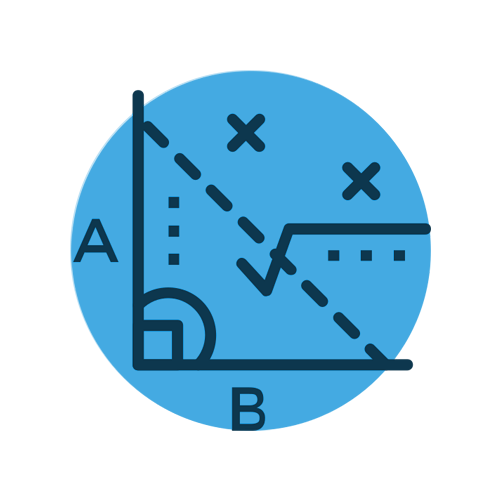
Undergraduate Mathematics Course
An undergraduate mathematics course is a course that is typically taken by students pursuing an undergraduate degree in mathematics or a related field such as physics, engineering, or computer science. These courses typically cover topics such as calculus, linear algebra, discrete mathematics, probability theory, and statistics.
In general, undergraduate mathematics courses are designed to provide students with a strong foundation in mathematical concepts and techniques that they can apply to a wide range of problems in various fields. The courses often emphasise the development of problem-solving skills, logical reasoning, and critical thinking, which are valuable skills in many professional and academic contexts.
The level of difficulty and the specific content covered in undergraduate math courses can vary widely depending on the institution and the specific course. Some courses may be more theoretical, focusing on abstract concepts and proofs, while others may be more applied, emphasising the use of mathematical tools to solve real-world problems.
Mathematics courses are required in many different fields of study at the university level. Here are some of the common fields that require mathematics courses:
- Science and Engineering
Students pursuing degrees in science and engineering fields such as physics, chemistry, biology, mechanical engineering, electrical engineering, computer science, and civil engineering typically take a range of mathematics courses, including calculus, differential equations, linear algebra, and statistics. - Economics and Business
Mathematics is also an important subject for students in economics and business fields. Students in these fields may take courses in calculus, statistics, optimisation, game theory, and financial mathematics. - Social Sciences
Many social science fields also require mathematics courses, especially those that involve quantitative research methods. Examples of social science fields that require math include psychology, sociology, political science, and criminology. - Humanities
Although mathematics is not always required for humanities degrees, some fields within the humanities may benefit from mathematics courses. For example, students in fields such as linguistics, philosophy, and history may find that courses in formal logic or statistics are helpful for their research.

